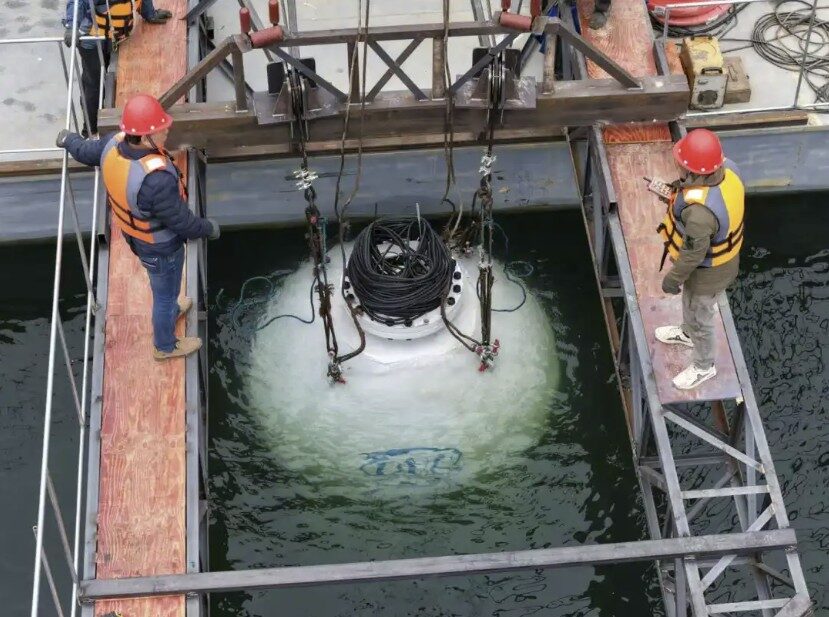After three weeks of negotiations, a new government has been formed in Denmark. Mette Frederiksen, the new prime minister from the Danish Social Democrats (Socialdemokratiet) has presented a roadmap for her administration at a press conference in Copenhagen.
The document: A fair direction for Denmark (Retfærdig retning for Danmark) puts the country’s climate ambition, literally, at the top of the agenda – the first chapter of the 18-page plan addresses climate change ambitions, something which had been neglected somewhat by Frederiksen’s predecessor Lokke Rasmussen.
In its first parliamentary year, the new government said it will vote in parliament on a law with legally binding short and long-term climate goals. According to the new government, the law will aim for a 70% reduction in greenhouse gas emissions by 2030, from 1990 levels. In a statement issued by the new government, the administration recognized the scale of the task and said it would seek help from experts and the climate council to identify or develop the right tools for the job. The new climate council referred to will inform the government on technological and political decisions.
Vehicle ban
On transport the government spelled out its ambition to ban the sales of diesel and gasoline fuelled cars by 2030. Next year the government wants to determine with parliament how long drivers can continue to such vehicles after that point. The government said it will also work towards the electrification of industry.
Danish PV recently made headlines as Better Energy closed a deal on a 125 MW subsidy-free project in the nation.
And in November, the Danish Energy Agency announced the result of a tender for PV projects with a generation capacity of up to 1 MW which was launched in mid-September.
The government agency said it awarded 19 MW of capacity to eight developers for 19 projects. The agency had received 18 bids from 11 parties for 21 projects with a total capacity of 21.1 MW. The final prices offered by the selected bidders ranged from DKK0.1000/kWh ($0.15) to DKK 0.1490 and the final weighted average price was DKK0.1297/kWh. A bid ceiling had been set at DKK0.15.
Carbon neutrality momentum
The Danish government also pledged to bring its climate ambition to Brussels and Strasbourg to advocate for more ambitious EU 2030 targets and to work towards a carbon neutral EU by 2050.
The Frederiksen government is the latest left-leaning Nordic administration elected on a carbon neutral ticket. A few weeks ago, the new Finnish government announced in its preliminary coalition agreement it would work towards a carbon neutral economy by 2035, with carbon negativity anticipated by 2050.
Outgoing U.K. prime minister Theresa May tabled a statutory instrument to change the country’s Climate Change Act and let the House of Commons decide on carbon neutrality by 2050. The German government, amidst growing pressure from an ever more popular Green Party, has promised to table a 2050 carbon neutrality plan shortly.
Those moves have given new momentum to secure a similar program at EU level after an earlier attempt failed due to lack of support from eastern European member states as well as Germany and Italy. Though Germany, Italy, Slovakia, and Hungary had pledged initial support, negotiations came to a halt again last week as Poland and others failed to voice support.
This content is protected by copyright and may not be reused. If you want to cooperate with us and would like to reuse some of our content, please contact: editors@pv-magazine.com.




So how would you reckon Danish solar installation for next 3 years?